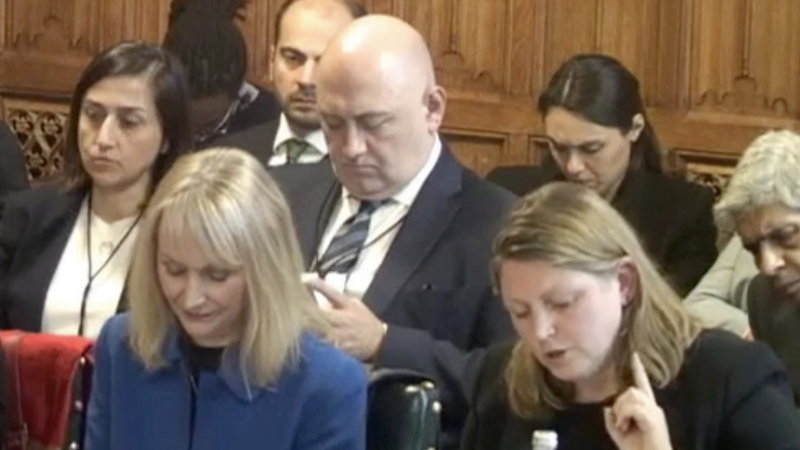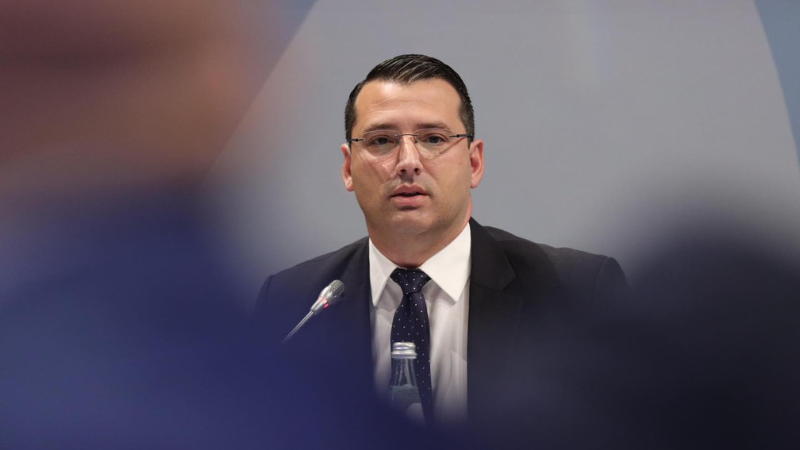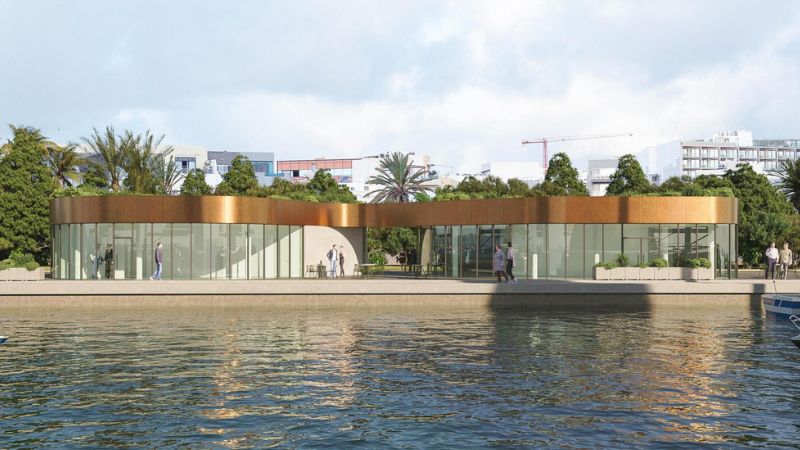Barrister Caoilfhionn Gallagher has called on the British government to “condemn” the murder of Daphne Caruana Galizia, the posthumous libel suits still pending against her, the “long arm of the State” being used to silence journalists and the “chilling effect” it has on journalism in Malta.
She also reiterated the need for a public inquiry into whether her murder could have been prevented, saying such action was required in line with European Court of Human Right rules.
Her statements came this week as part of a panel of press freedom experts addressing a Foreign Office Committee, ordered by the House of Commons to address global media freedom. A number of witnesses and legal professionals gave evidence and information on why the families of murdered journalists deserved a public inquiry.
Giving evidence to the committee were Gallagher, who is representing the Caruana Galizia family in their litigation against the Maltese government; Julie Posetti, a senior research fellow for Reuters at the University of Oxford; Olga Robinson, a disinformation specialist at BBC Monitoring and Jackie Harrison, Chairperson at the Centre for Freedom of the Media.
Gallagher, from the British firm Doughty Street Chambers, addressed the issue of impunity, which she said was a “common thread” in the cases of three European journalists murdered in 2017 and 2018.
“Impunity is also about a failure to investigate whether there is any State accountability in those cases—so, whether the risks to life were known and whether those deaths could have been prevented. That is critical to learning lessons, so that things change going forward.”
The media law expert explained there are concerns around the rule of law in some Council of Europe and European Union Member States and that they were suffering from an “inadequacy of the investigation mechanisms.”
She told the committee that the Caruana Galizia family have been calling for an inquiry for a “very long time” and that, to date, there has not yet been an investigation into whether the death could have been prevented.
Gallagher added that a public inquiry into the death was supported at the “highest level within the European Union” and the United Nations, but the British Government had not spoken publicly about the matter.
“One concern felt by Daphne Caruana Galizia’s family is that the Foreign Office should be speaking out, particularly about countries where it has influence,” she said. “Not condemning this assault and abuse of journalists,” increased the risk to journalists locally, and in other countries.
The secret pro-government online groups administered by government officials in Malta were also brought to the attention of the committee as Gallagher explained that there had been some “very problematic, offensive, misogynistic material circulating on these online groups of which very high-level politicians in Malta are members”.
She added that both Caruana Galizia and Caroline Muscat, Editor and Co-Founder of The Shift News, had been attacked via these groups, including the posting of both women’s photos with the caption “one witch is dead”.
“There are misogynistic attacks on a woman journalist now using the death of a woman journalist, Daphne Caruana Galizia, to fuel them,” Gallagher said.
The Maltese government has so far ignored calls from the European Parliament, the Council of Europe and the United Nations, as well as a number of leading international media freedom and human rights watchdogs to open a public inquiry into the murder of Caruana Galizia.
Professor Harrison compared the UK to Turkey, a country that is well known for its persecution and attack of the media, stating that more pressure was needed from the British government, as well as “more condemnation”.
Watch the full debate here.












